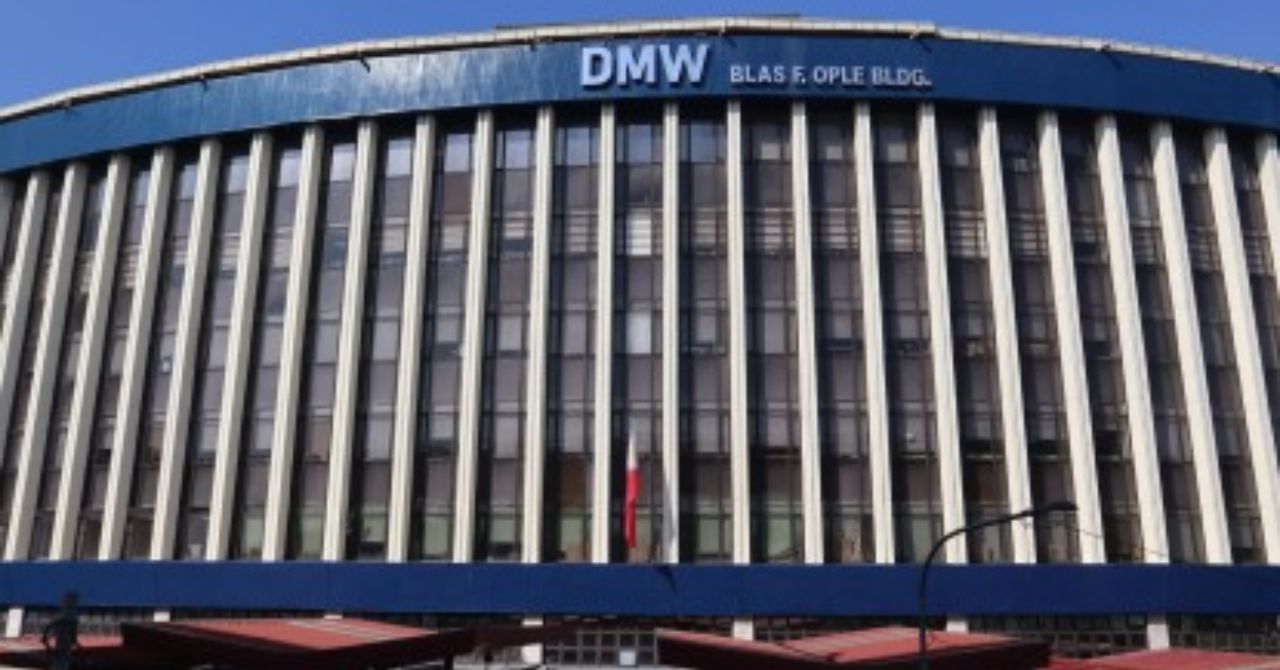In a landmark decision, the Department of Justice (DOJ) has cleared the path for local government units (LGUs) to actively participate in sending Filipino workers abroad through sisterhood agreements. This move, while recognizing the paramount importance of the Department of Migrant Workers (DMW) in safeguarding the welfare of overseas Filipino workers (OFWs), opens a new chapter in local-global collaboration, as shared in a report by the Manila Standard.

The Legal Framework
The DOJ’s legal opinion comes as a response to inquiries about the role of LGUs in deploying workers to foreign lands, specifically under partnerships with cities in South Korea. These agreements, focusing on seasonal employment in sectors like agriculture and fisheries, have raised significant concerns over workers’ rights and safety.
Highlighting the legal basis, the DOJ pointed to provisions in the Local Government Code that empower LGUs to engage in joint ventures and liaise with foreign entities for livelihood and development projects. This legal backing underscores the potential for LGUs to play a significant part in expanding employment opportunities for Filipinos while ensuring that their rights are protected under the vigilant eye of the DMW.
Challenges and Responsibilities
The transition towards involving LGUs in the deployment process is not without its challenges. Reports of wage issues, subpar working conditions, and instances of abuse have surfaced, shedding light on the critical need for stringent oversight. The menace of illegal recruitment and exploitative demands placed on workers further complicates the scenario, necessitating a robust framework to safeguard the interests of OFWs.
A Collaborative Path Forward
The DOJ’s stance emphasizes a collaborative approach, where LGUs, in partnership with the DMW, can ensure that Filipino workers abroad are treated fairly and with dignity. This dual-layered oversight mechanism aims to provide a safety net for OFWs, ensuring that their foray into international employment is not only fruitful but also secure.
Empowerment Through Information
For LGUs venturing into sisterhood agreements, the message is clear: collaboration with the DMW is not optional but a fundamental requirement. By working hand in hand, local and national authorities can craft policies and mechanisms that prioritize the well-being of Filipino workers abroad, ensuring that their journey overseas leads to success and not exploitation.
The DOJ’s clarification marks a significant step towards harnessing the potential of local initiatives in global employment opportunities for Filipinos. By empowering LGUs within a legal and cooperative framework, the Philippines is poised to not only expand its workforce’s horizons but also ensure that its citizens are protected, respected, and given the opportunities they deserve on the global stage. This move signals a brighter future, where local efforts contribute to national prosperity, and the Filipino dream of a better life through overseas employment becomes a safer, more attainable reality.